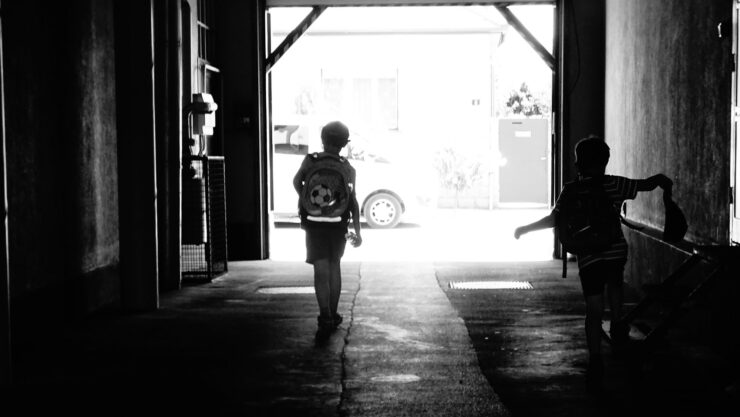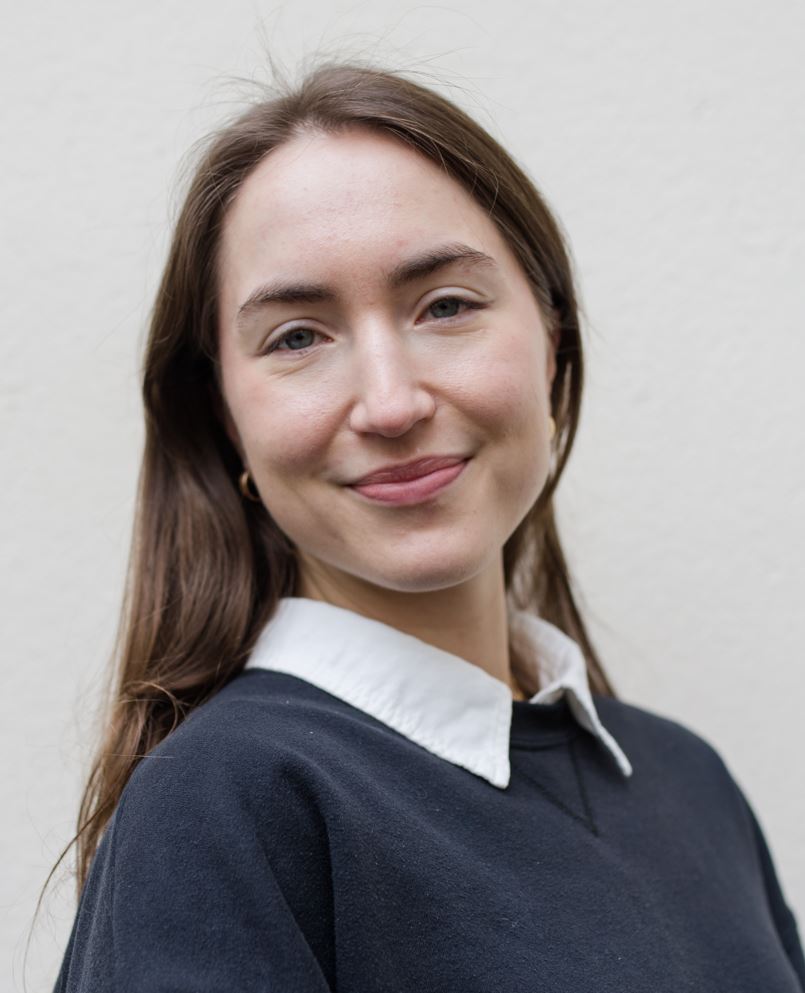
Criminality of parents strongly predicts the criminal behavior of their offspring. A possible consequence of parental criminality is parental prison sentence (PPS), which makes research on this topic a vital part of the research body of intergenerational transmission of crime. Furthermore, from the control policy perspective, studying children of incarcerated parents is important when assessing incarceration as a criminal sanction. On larger scale, my dissertation focuses on criminal behavior and violence victimization among children of incarcerated parents. In the 2023 NSfK research seminar, I presented descriptive preliminary findings on the associations between PPS and offspring criminal behavior.
The vast majority of the research of the topic is from the Anglo-American world. It is important to investigate the phenomenon in the Nordic context as well, as the Nordic prison system is undeniably different both in terms of the length of sentences and in its rehabilitative nature. The time spent in prison may be the first time when prisoners receive, for example, mental health support and substance abuse rehabilitation. However, it is important to note that as the sentences are, on average, short, the time spent in prison services is equally short. Nevertheless, support for the relationship between children and parents is also provided in prison, which leads to the question whether imprisonment could also have positive effects on children.
When studying PPS, it is essential to understand that the studied population is a heavily selected group of people who suffer from various adversities, that might be linked to both, being incarcerated, and having a criminally active child. In order to get a grasp on the issue, the use of register-based data has both methodological and validity benefits. First, using registers reduces the problems of selection bias: on the one hand, survey data might suffer from the lack of data for the most vulnerable groups. On the other hand, if collected from the prison population, the survey is targeted at an already selected group of people, which is problematic in terms of the sufficient control groups in statistical modeling. Through comprehensive register-based data, we have longitudinal data on the target group, and we can take into account factors that distinguish sentenced parents from the non-sentenced parents. Furthermore, we are able to link (biological and non-biological) family members to each other, which allows us to adjust for unmeasured familial confounders.
The preliminary descriptive analysis shows that children of prisoners are a vulnerable group that has an elevated risk of being suspected and convicted of crime. As stated before, the median number of sentences is low, and they are typically short. However, the associations with offspring criminality are undoubtedly strong as the prevalences of offences in comparison to non-sentenced population are high: depending on the type of offence, we can find the prevalences to be even five times higher in the group of PPS. Further, sentenced parents have a lower level of education, and they live significantly less years together with their children.
Future studies will be refined by more advanced statistical methods in order to take into account issues related to the specificity of the prison population, such as the generally high crime rate, socioeconomic factors and unmeasured familial factors. After all, our key objective is to get closer to understanding the intergenerational effect of PPS as such, not the issues of intergenerational transmission of crime in general.
About the author

Ilona Nissinen is a doctoral researcher at the Institute of Criminology and Legal Policy, University of Helsinki. Her research focuses on the criminal behavior and violence victimization among children of incarcerated parents.
